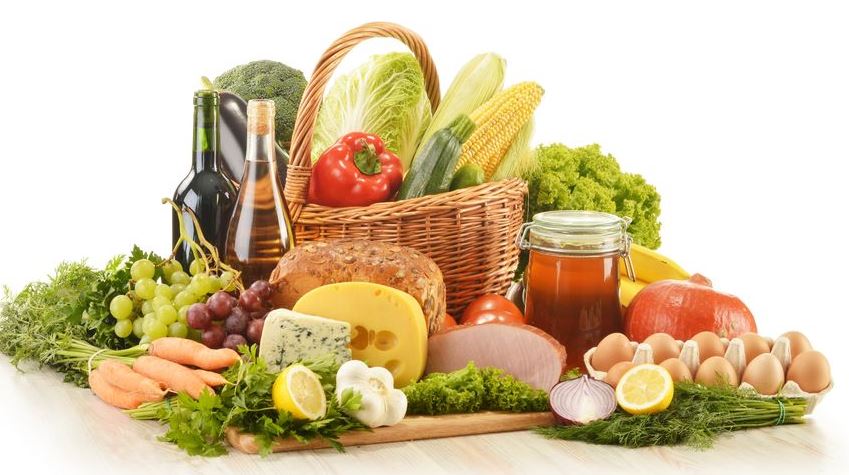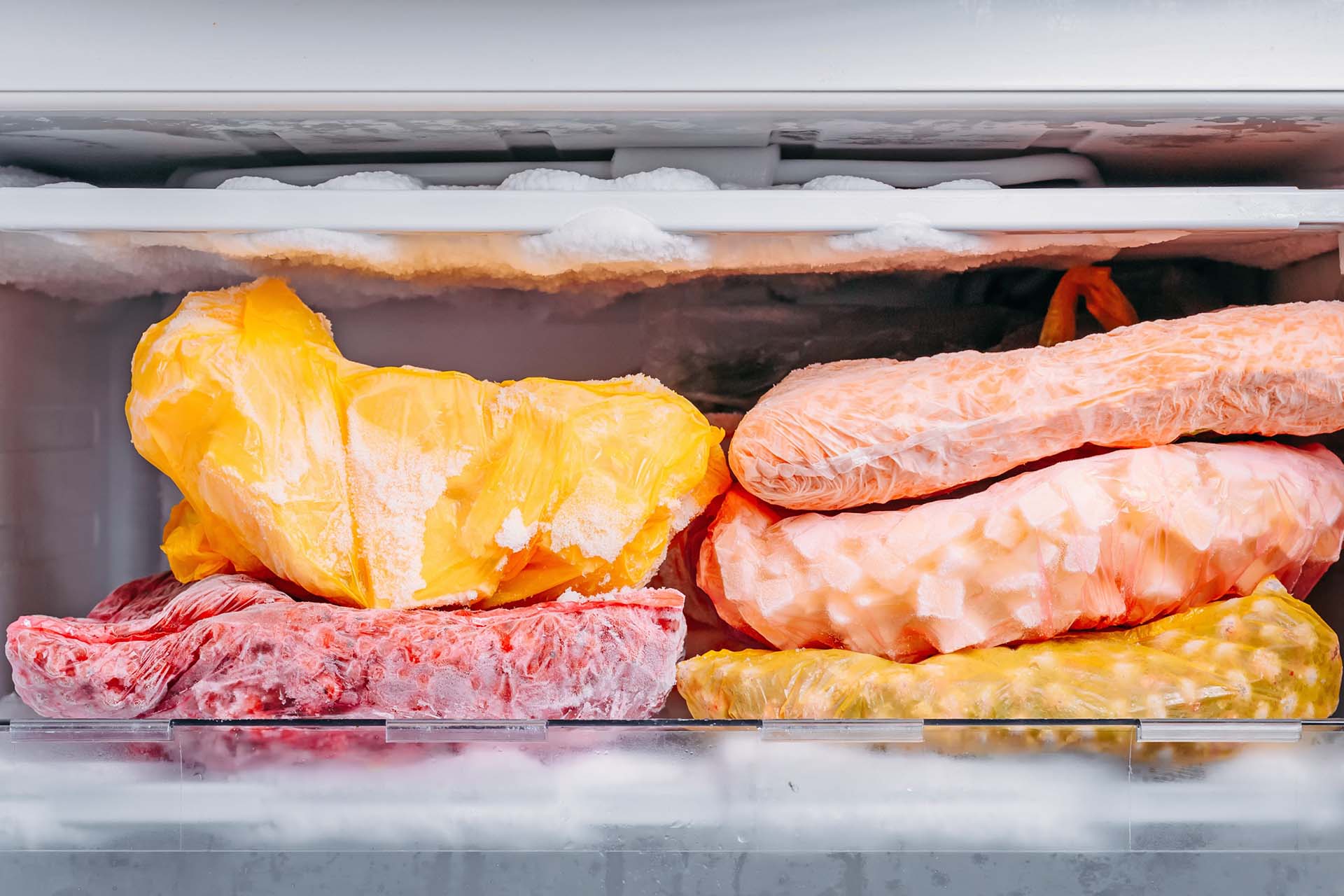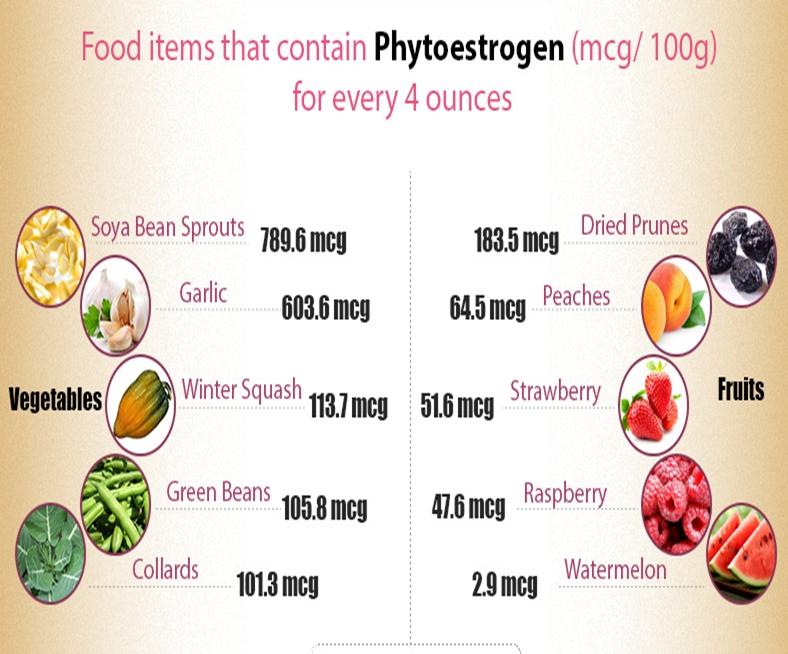Understanding Food Aggression in Puppies
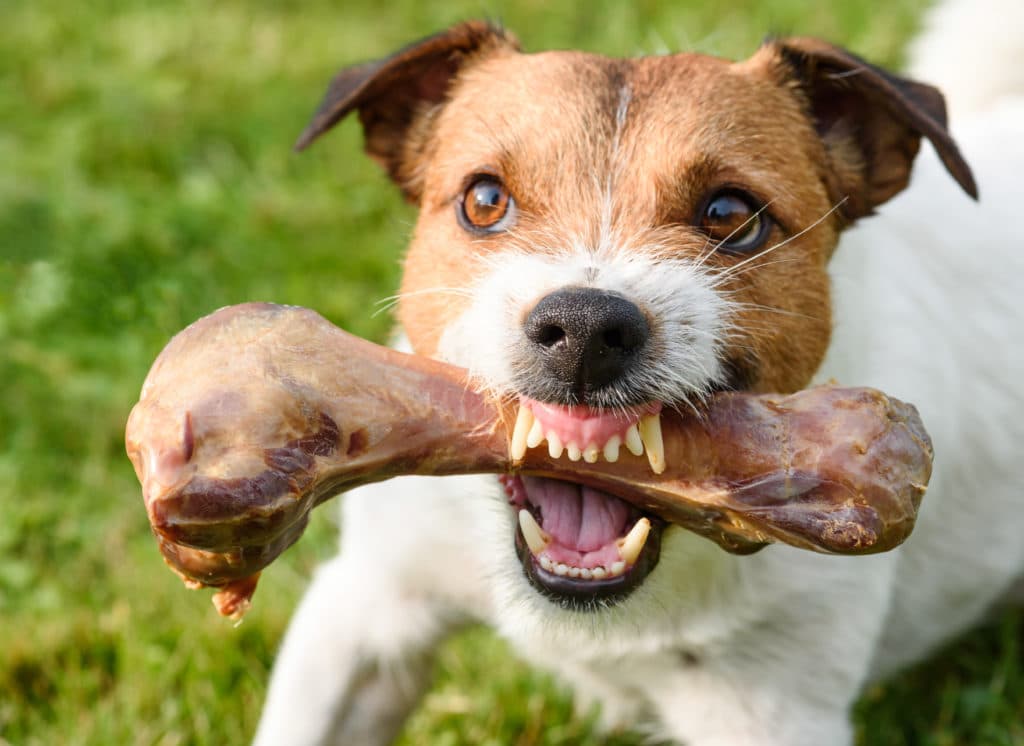
Food aggression is a common behavioral issue in puppies, characterized by the display of growling, snapping, or biting when their food is approached or taken away. This behavior is natural in some respects, as puppies instinctively protect their resources, including their food, from perceived threats. However, it’s important to address food aggression early on to prevent it from escalating and potentially causing harm to people or other animals.

Can Puppies Grow Out of Food Aggression?
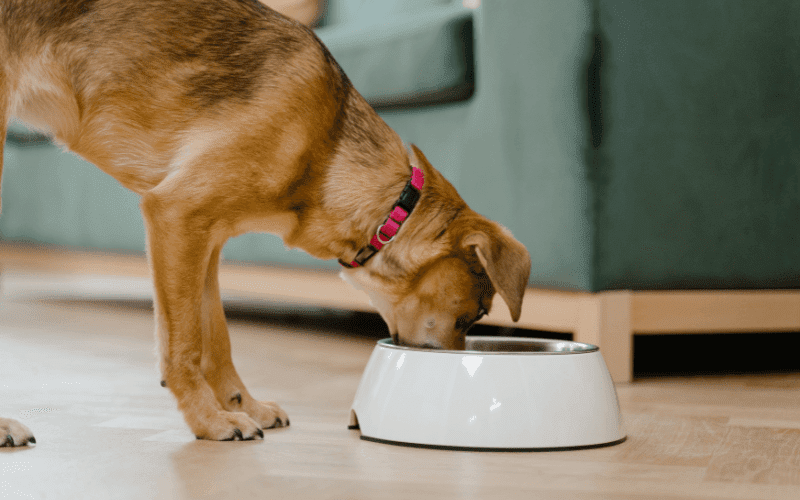
It’s possible for puppies to grow out of food aggression with proper training and socialization. However, it’s important to note that there is no guarantee that all puppies will outgrow this behavior. The likelihood of success depends on several factors, including the severity of the aggression, the age of the puppy, and the consistency of training.
Factors Influencing the Outcome:
- Severity of Food Aggression:
- Puppies exhibiting mild food aggression, such as growling or snapping when their food is approached, are more likely to respond well to training and grow out of the behavior.
- Severe food aggression, involving biting or lunging when the food is threatened, requires intensive training and possibly professional behavior modification.
- Age of the Puppy:
- Puppies under 6 months of age are more receptive to training and behavior modification compared to older puppies or adult dogs.
- Starting training early increases the chances of successfully addressing food aggression before it becomes a deeply ingrained habit.
- Consistency of Training:
- Food aggression training requires consistent and patient effort from the owner.
- Regular training sessions, positive reinforcement, and desensitization techniques are essential for long-term success.
Training Puppies to Overcome Food Aggression:
- Positive Reinforcement:
- Use positive reinforcement techniques to encourage desired behaviors.
- Offer treats or praise whenever the puppy shows calm and submissive behavior around its food.
- Controlled Food Access:
- Control the puppy’s access to food by hand-feeding them meals in a calm and stress-free environment.
- Gradually increase the distance between you and the puppy as it eats, rewarding them for staying relaxed.
- Desensitization:
- Desensitize the puppy to the presence of others near its food.
- Slowly introduce family members or other animals into the feeding area, starting at a distance where the puppy remains calm.
- Gradually reduce the distance as the puppy becomes more comfortable.
- Seek Professional Help:
- If the food aggression is severe or does not respond to training, it is advisable to seek the help of a qualified animal behaviorist or trainer.
Remember that patience, consistency, and positive reinforcement are key to successfully addressing food aggression in puppies. With proper training and socialization, many puppies can learn to overcome this behavior and develop healthy eating habits.








